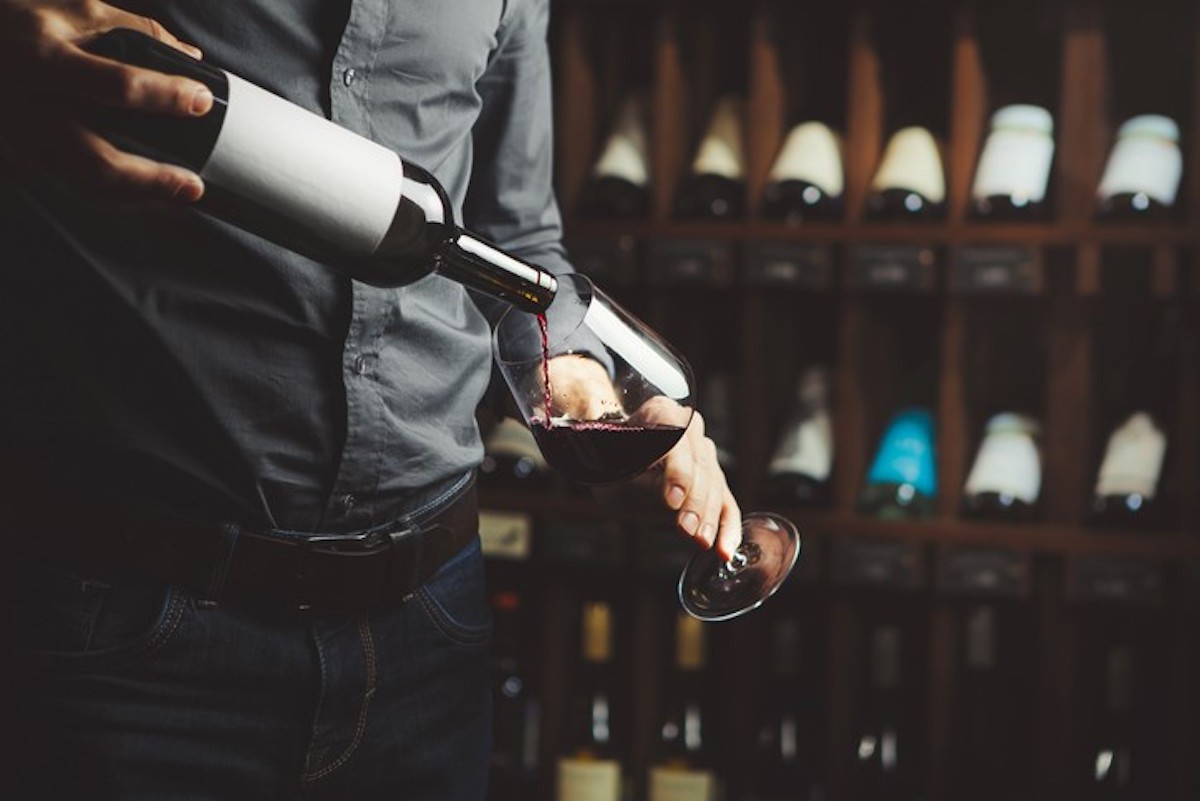It’s not a surprise that wine is one of the most popular alcoholic beverages in the world. According to Statista, in 2019 the United States consumed 33 million hectoliters of wine, making it the largest wine consumer in the world! There are dozens of varieties of wine on the market, and as delicious as they all might be, in order to enjoy them at their best, there are many things that need to be taken into account.
To help you understand the differences of wine storing and preservation, we reached out to wine experts to give us some tips and advice on how to best keep wine at home for later enjoyment.
Here then is the question I was asked and answered.
Does Champagne go bad?
First, I think you must determine if you have in your possession an authentic champagne and not just a sparkling or bubbly wine. That is not to suggest that other sparkling wines are not enjoyable, or of a poor quality. This could be a matter of personal taste and/or budgetary considerations. So for the purposes of this answer I am assuming that you have a bottle of authentic French champagne originating in the area north of Paris.
For the most part Champagne is not a wine to keep for too long. On average perhaps best to cellar for only 3 to 4 years. That being said there is always the possibility of exceptions. A particularly quality driven champagne may be somewhat viable up to 10 years, but why would you want to wait that long?
Possibly, the more expensive might be a determining factor. You do however experience some changes, most likely the champagne would darken slightly in colour, or you may lose some of the fizz, or effervescence. Again the quality of the champagne determines the chance of these changes. For most champagne drinkers you would expect to enjoy a bubbly experience and therefore it is best to target the lower projections of quality return.
Cellaring would also be a factor to consider. If you have a quality wine cooler you may expect a slightly longer period of optimum quality, or conversely if you are a wine collector with a temperature controlled wine cellar then you have an advantage. Unfortunately, for most “average” wine/champagne drinkers our opportunity to properly cellar the champagne is probably lacking.
For the most part champagne can be drunk immediately, no need to save it for anything other than your next special occasion.
Here are the questions posed to other wine writers…
Which types of wine age well in a wine cellar?
What’s the best way to store champagne?
Do all wines get better with age?
How long will my wine last if I close it with a wine stopper?
What makes a good wine cellar?
What’s the ideal way to store Prosecco?
What’s the best way to organize my wine cellar?
How long can I keep my wine in the fridge?
What should I consider when buying a wine fridge?
Do screw cap wines last shorter than cork wines?
What is the perfect wine inventory for me and how do I best store it?
If I bought a case of wine, how long should I leave my wines inside?
How can I know if my wine is produced for early consumption?
If I want to age my wine do I necessarily need a wine cooler?
Can my wines be exposed to sunlight?
What’s the best way to store screw cap wine?
If I don’t have a wine cellar, where’s the best place to store my wine?
Does wine have an expiration date?
How long does opened wine last?
Thanks to Porch.com for the opportunity to contribute to this article. All the answers to the above questions appear in the article “All about Wine Storage and Preservation at Home: Tips from the Experts

